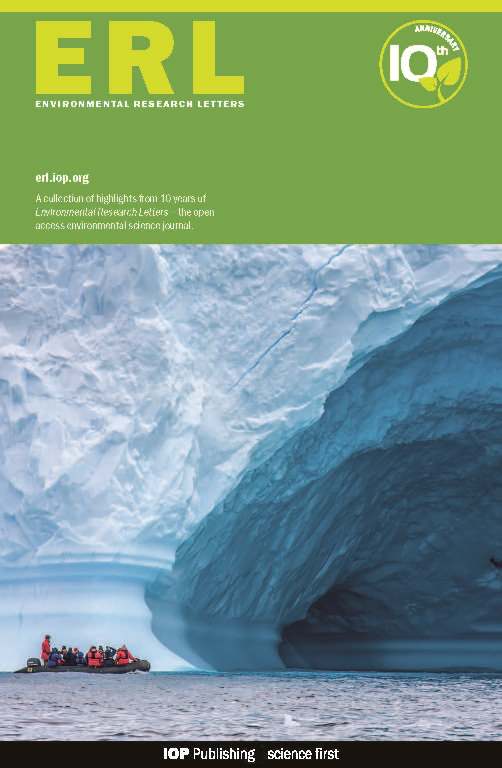Reducing emissions from deforestation and forest degradation (REDD+) in developing countries was initially envisioned to incentivize forest protection through payments for ecosystem services (PES). Nevertheless, our global understanding of REDD+ project benefits proposed by proponents to local communities is limited. To address this gap, we ask: globally, how do REDD+ projects propose to provide local community benefits? We use and update the international database on REDD+ projects (ID-RECCO) to analyze the REDD+ benefits proposed by 347 REDD+ projects in 55 countries. Logistic regression and chi-square tests explore relationships between the probability of a benefit type being proposed and the influencing factors. Our global-level analysis can serve as a useful benchmark for empirical case studies. Our findings show the diversity of benefits REDD+ projects propose. Most REDD+ projects (89%) proposed a mix of monetary and non-monetary benefits; employment was proposed in >¾ of the projects, while forest restrictions were proposed in 52% of REDD+ projects. Many projects proposed infrastructure (107) or services (181). Factors that influence the probability a benefit type being proposed by a project include carbon certification standards, de facto forest user types, and country. PES-style conditional payments are no longer emblematic of benefits from REDD+ projects to local communities. Instead, REDD+ projects typically propose employment, livelihood activities, tenure clarification, and public goods and services. Further empirical research is needed to understand how meaningful these benefits are to local people, and their contribution in producing effective and equitable project outcomes. National policy and legal frameworks on benefit sharing, more explicit standards on benefit sharing among carbon standards, and better risk management related to community expectations from REDD+ projects are important avenues to ensure REDD+ benefits are aligned with the needs and realities of local communities.
DOI:
https://doi.org/10.1088/1748-9326/ad993c
Pontuação Altmetric:
Dimensões Contagem de citações:

Ano de publicação
2025
Autores
Theresia, V.; Atmadja, S.; Lieberherr, E.
Idioma
English
Palavras-chave
climate change mitigation, deforestation, degradation, research projects, ecosystem services, local communities, livelihoods
















